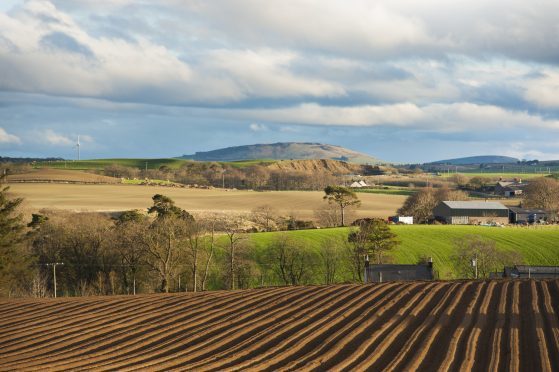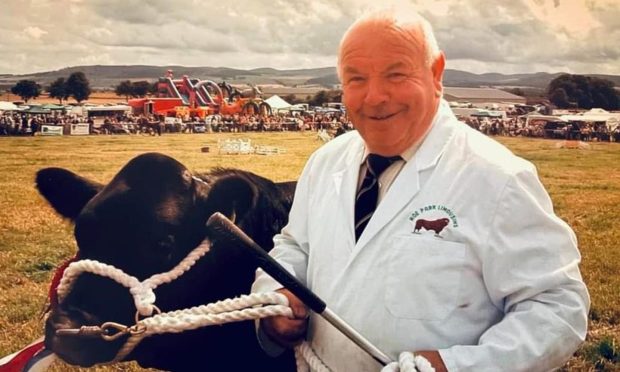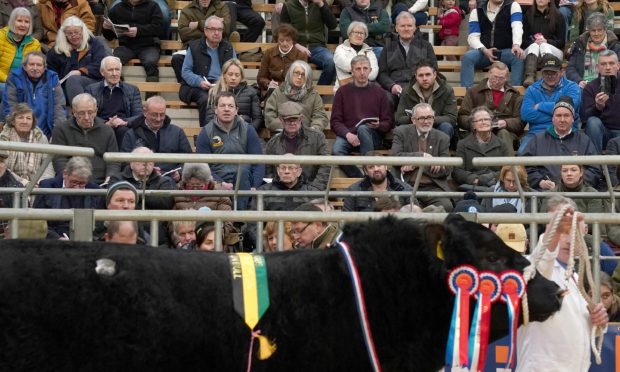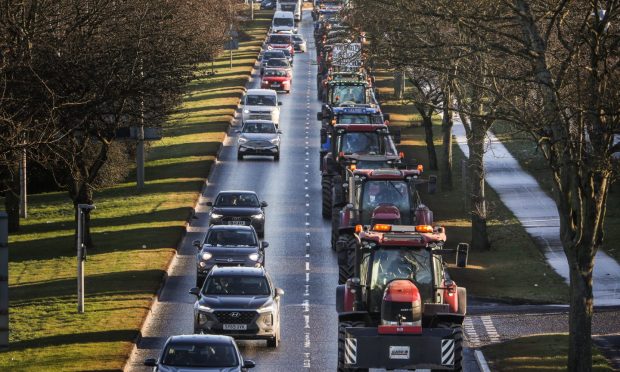A third report on post-Brexit priorities for rural Scotland and the farming industry has delivered the same unequivocal advice as its predecessors.
If the farmers’ union’s Change document and the initial findings of the Scottish Government’s four Rural Champions didn’t already provide enough direction, yesterday’s interim report from the National Council of Rural Advisers (NCRA) outlined broadly the same message – that there needs to be access to international markets, Government funding and a non-UK labour pool.
In terms of farm support, the latest document also echoes the signals given earlier this week by Defra Secretary Michael Gove who said that future funding needed to be better targeted and less complex.
The NCRA report also points out that some targets such as increased productivity, collaboration, innovation and the protection of key species did not need to await the outcome of Brexit negotiations, but could be explored by the Council alongside rural stakeholders.
Rural Secretary Fergus Ewing, who commissioned the report, said the NCRA had made clear the scale of the challenge and the enormity of the threat posed by Brexit to Scotland’s rural economy.
He added: “But they also indicate clear priorities for action as we discuss with the UK Government and other devolved administrations how best to protect rural Scotland’s interests. I will now consider the recommendations carefully and set out how we might respond and take them forward in due course.”
NFU Scotland president Andrew McCornick agreed that a clear consensus was emerging on rural Scotland’s post-Brexit needs.
“The synergies in each report gives a strong mandate to those negotiating our future as to what our farming and food and drink sectors want, as well as a clear steer on the tools needed to stimulate and invigorate our rural economy in the years ahead,” he said.
“These recent reports all recognise that striking the right Brexit deal for Scotland’s farmers and crofters is critical. The list of demands, common to each report, means that as Governments decide on the key issues that will affect us, Scottish farmers and crofters should be front and centre in delivering positive outcomes for Scotland, rather than being an after-thought.
“The emphasis must be firmly on our clear contribution to Scotland’s success – food and drinks growth, environmental delivery, rural economic benefits and rural community prosperity.”
nnicolson@thecourier.co.uk










